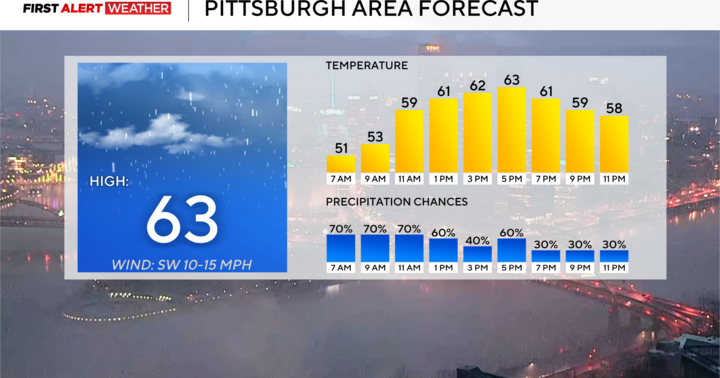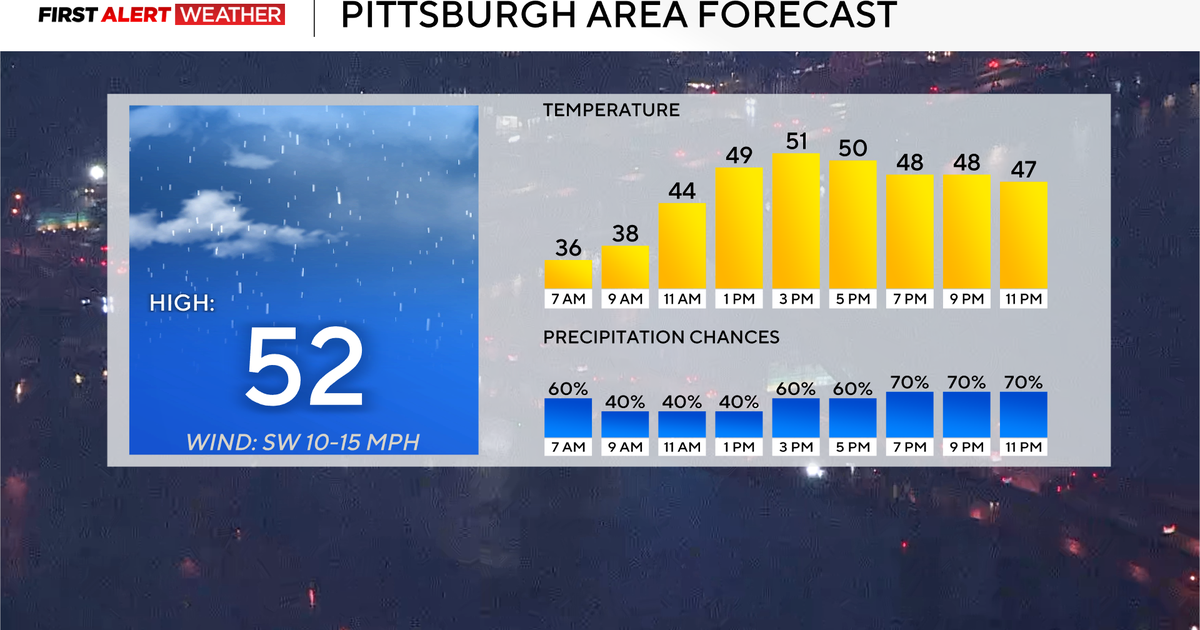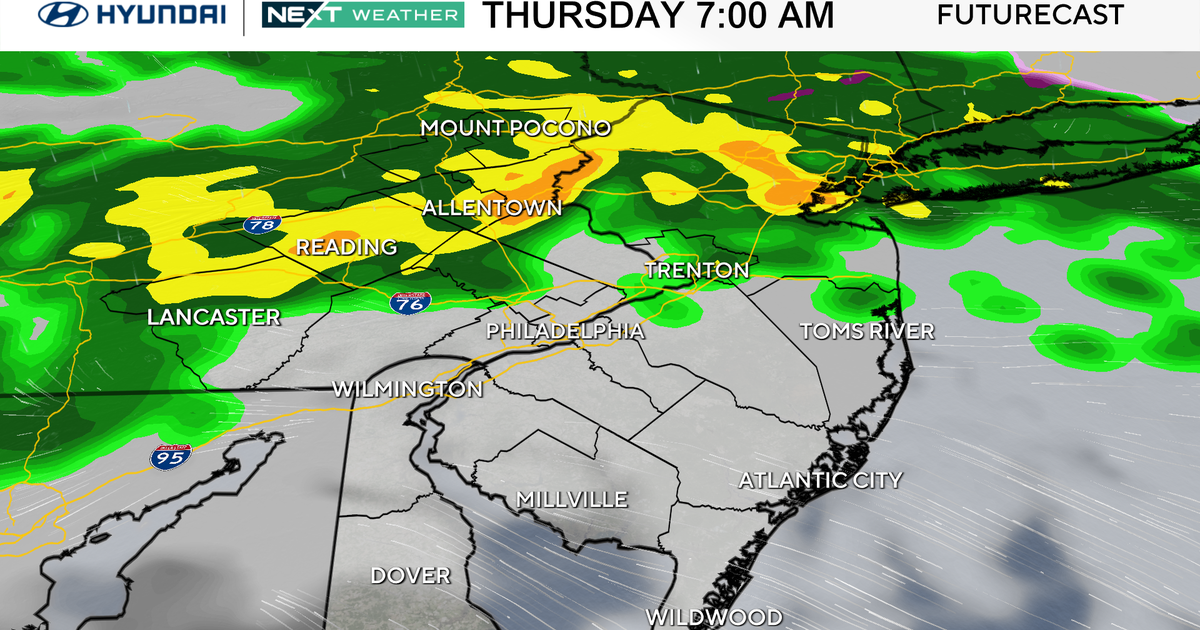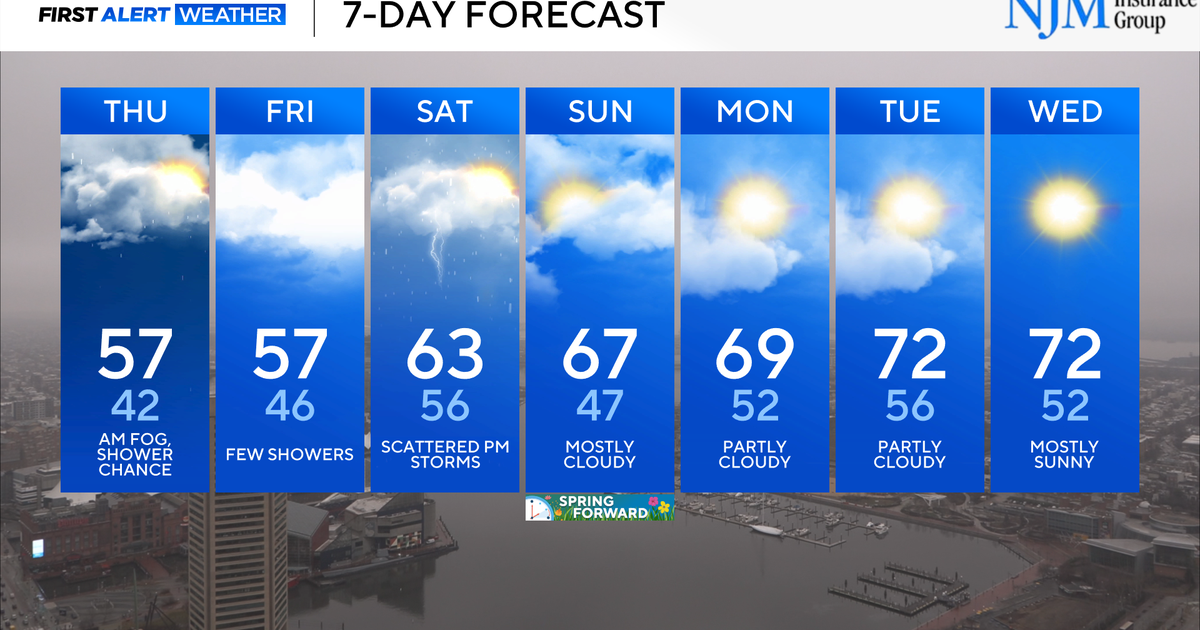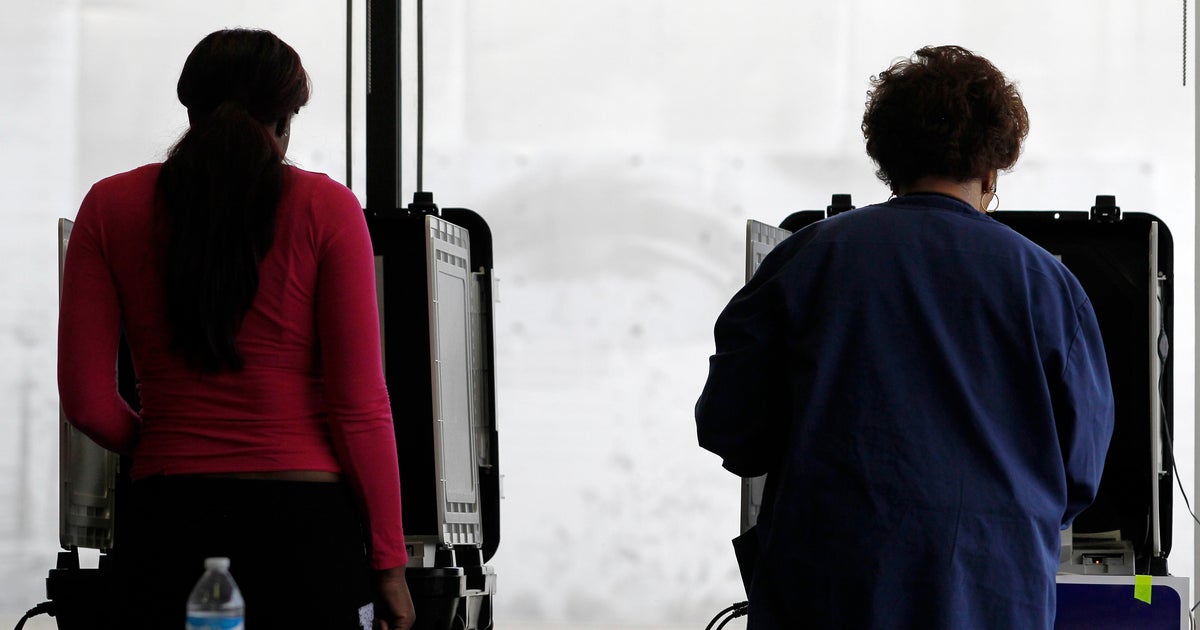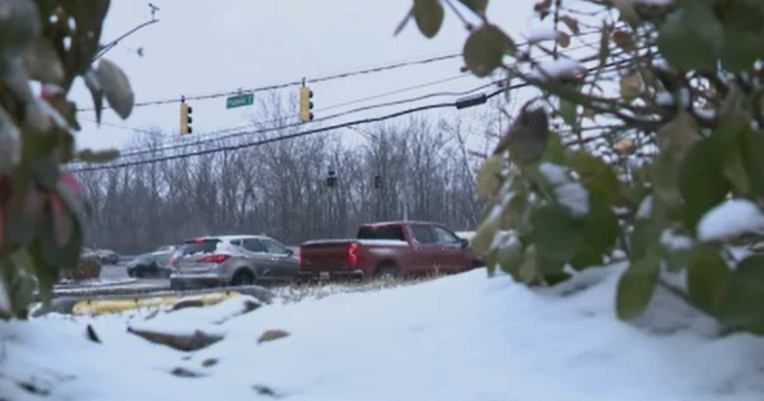La Salle Professor: 'Mesh Networks' With Device-to-Device Communication The Next Step In Tech
PHILADELPHIA (CBS) -- After finally experiencing the iWatch, Bill Weaver, PhD and associate professor from the Department of Integrated Science, Business, and Technology at La Salle University, told Talk Radio 1210 WPHT morning host Chris Stigall what he feels is the next step in technology.
"What's happening now is these little devices, including the iWatch and including your phone, are going to start communicating with each other directly. They do not need a router. They do not need to find the nearest cell tower. So, they'll just talk to each other when they're next to each other and that seems to be the next big thing coming down the pipe."
Weaver says that it would actually be "more power efficient and much faster" in a large city like Philadelphia to have the devices communicate with each other as opposed to going back to a cell tower, router or a telephone pole.
"I guess the technical term is a 'mesh network,' and the mesh sort of looks like a fisherman's net, and what you do is sort of just lay this mesh all around the city and you don't need to be a Comcast or a Verizon and actually install things. You just need to go ahead and sell these individual devices that people are carrying anyway."
While it would work great in many cases in densely populated area, there are still reasons to use traditional methods.
"The mesh network is great when you're in a very high density neighborhood, but where cable and fiber and Fios and Google Fiber will be useful is that you still need to make that long haul connection from city to city to city. When you're just calling someone or getting data from across the street, then it will hop from device to device, but if you need to get to a website way out in the West Coast, then it will have to go through more of a traditional method."
However, when something becomes simpler or faster, it often becomes more dangerous, and Weaver feels that in the early days of a 'mesh network' security would be a big issue.
"Everything has to be installed and upgraded at exactly the same time. So at the same time that we're putting these mesh network chips in these phones, we also have to upgrade security as well an there's always a leading edge where things will be amazingly insecure for a little bit, and then the early adopters will hopefully side step that and eventually things will settle down again. It's sort of how we leap frog in technology."
